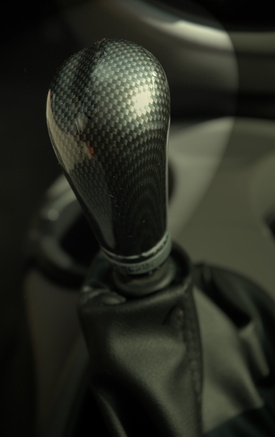
The flywheel is the main connection from the vehicle's engine to the transmission in vehicles with manual transmissions. It is a large steel disc that the clutch presses against and transfers the engine movement to the transmission. It is also where the starter spins the engine to start it. When this part goes bad, it can cause some major problems. Jeep Liberty owners should pay attention to particular noises, and clutch performance issues, that may indicate that the flywheel is going bad.
One part of the flywheel that can go bad is the teeth that the starter gear hits to crank over the engine. If this is the case, your Jeep Liberty will simply grind when you attempt to start it. If the problem is the teeth around the flywheel then replacement is necessary.
The flywheel is made from steel and is a friction part, meaning that there is no direct bolting between it and the clutch. When the clutch engages, the material on the clutch presses against the flywheel making the transmission move. This constant friction can cause the flywheel to develop a glaze and that glaze compromises the clutch's ability to hold firmly against the flywheel. This will cause a squeaking noise as you drive. This can be repaired by having the flywheel machined.
The flywheel has a thickness tolerance that the manufacturer says is acceptable. If it gets below those specifications, the clutch may not be able to fully engage. When this occurs, the transmission will tend to slip under acceleration. This can cause excessive wear and tear on the clutch due to additional heat caused by the slipping. This can only be repaired by replacement of the flywheel.
The flywheel is held onto the engine by a series of bolts. If these bolts become loose for any reason, the clutch will engage at all different times. There will be no consistency to how far the pedal must be released before the clutch engages. This can cause major problems if left loose. These problems are easily avoided by simply catching the issue early and tightening the flywheel.